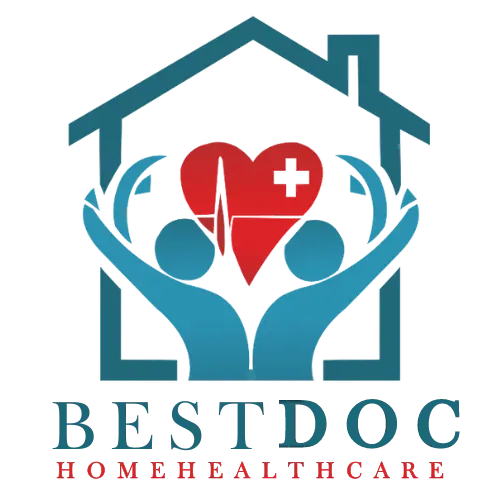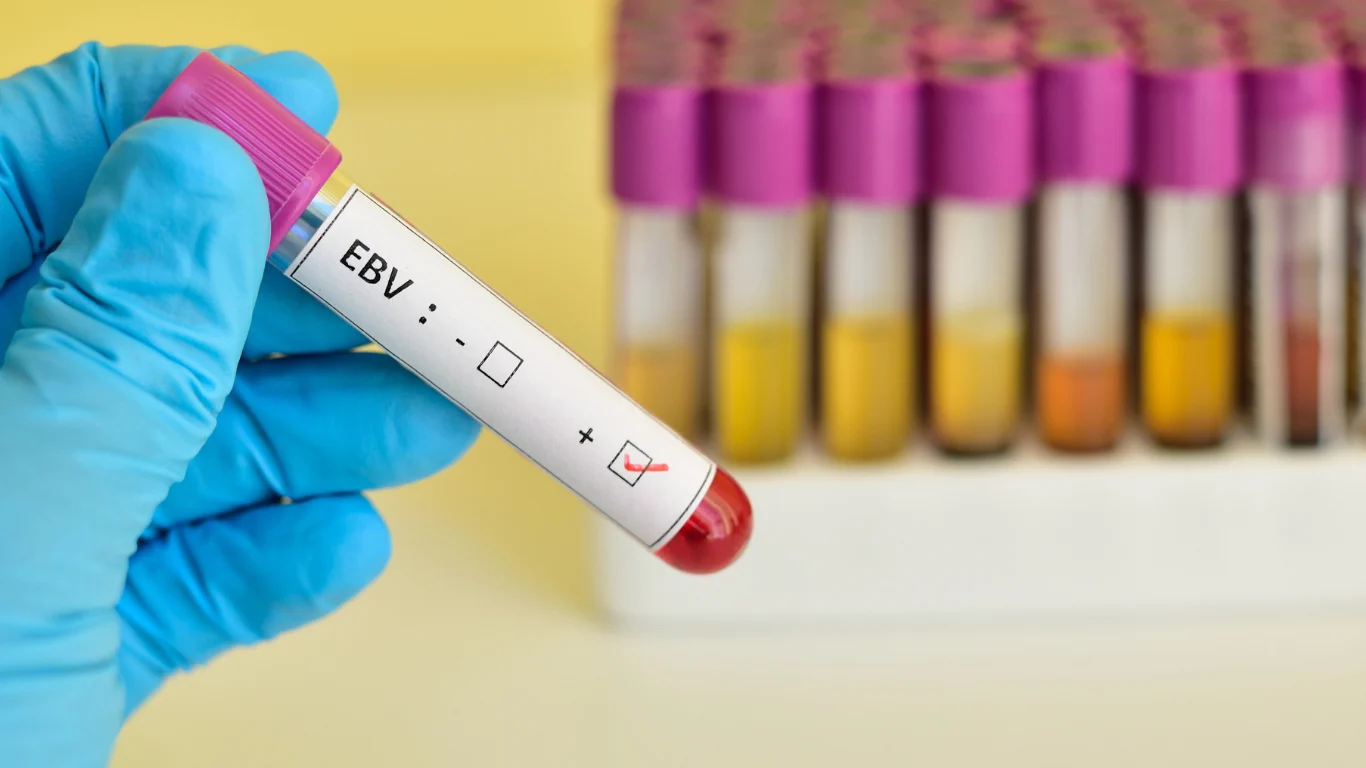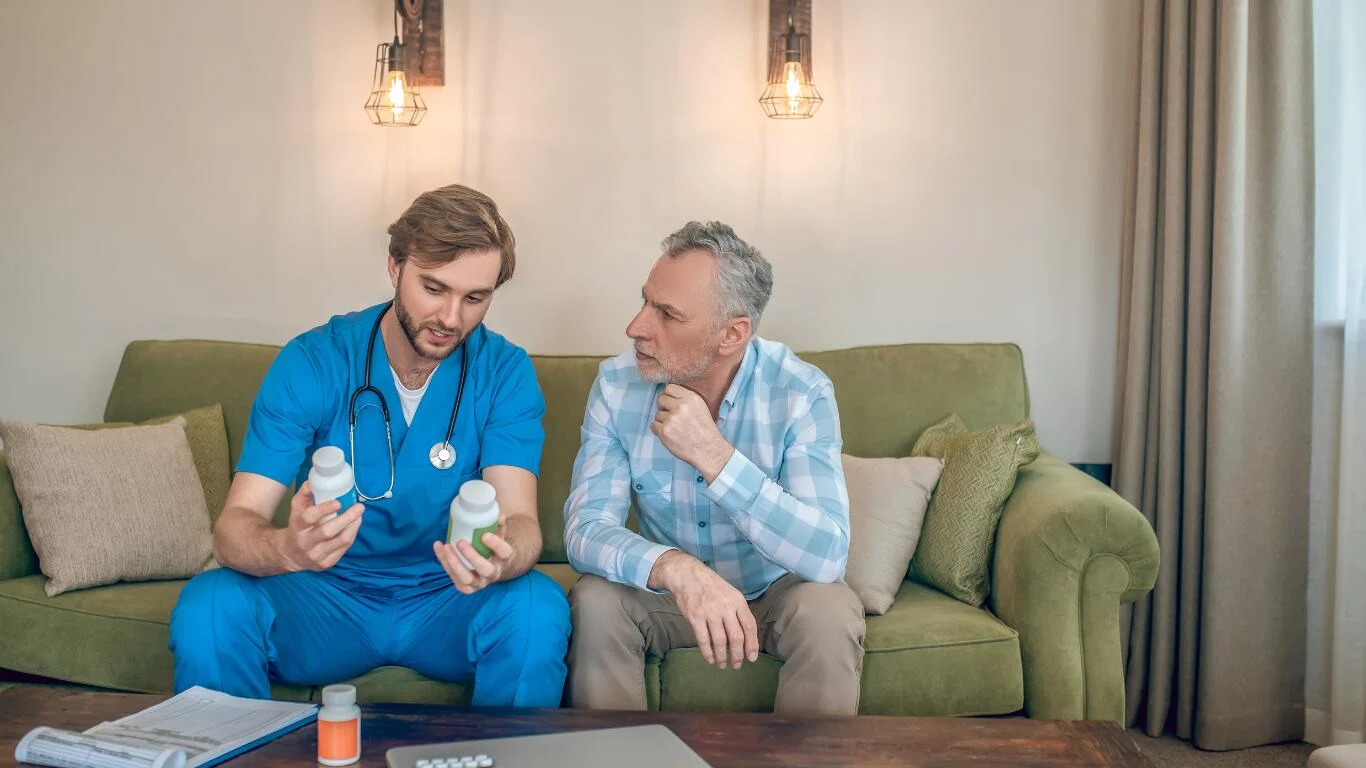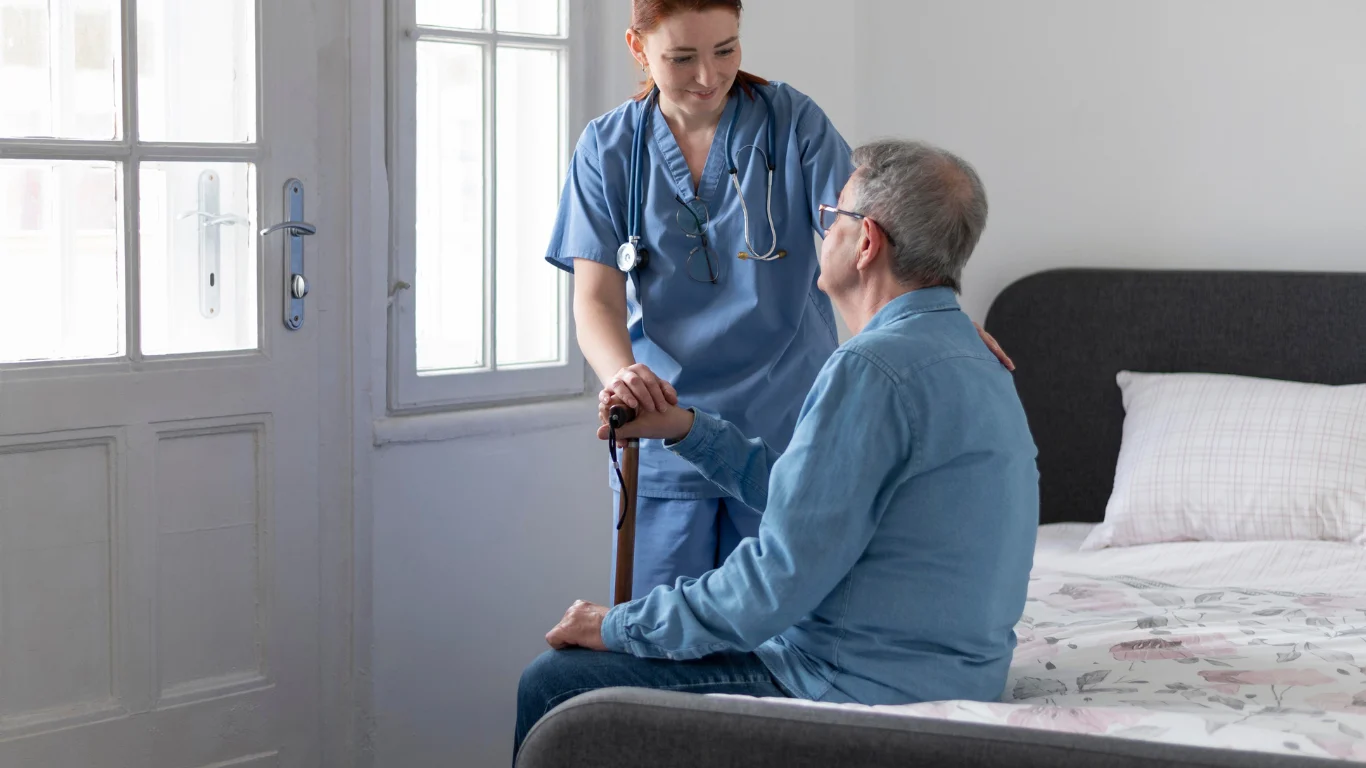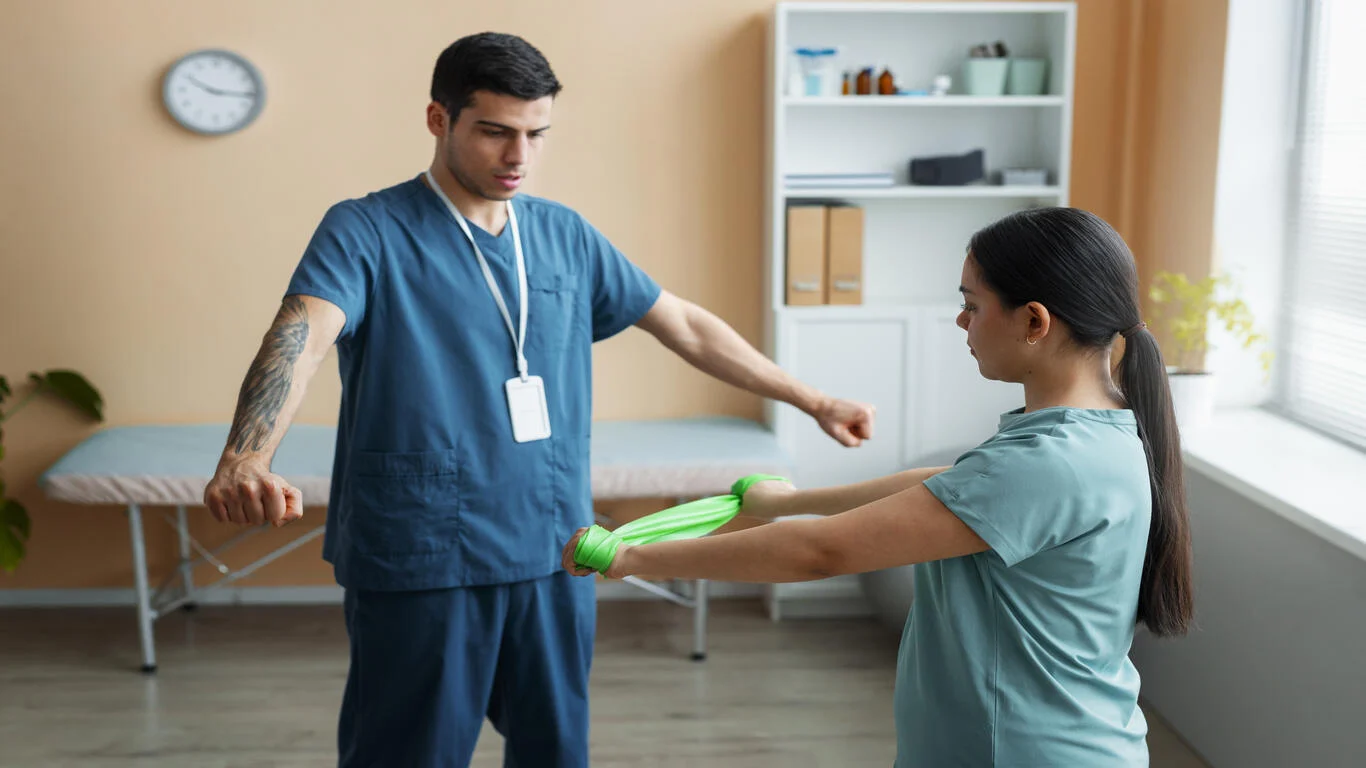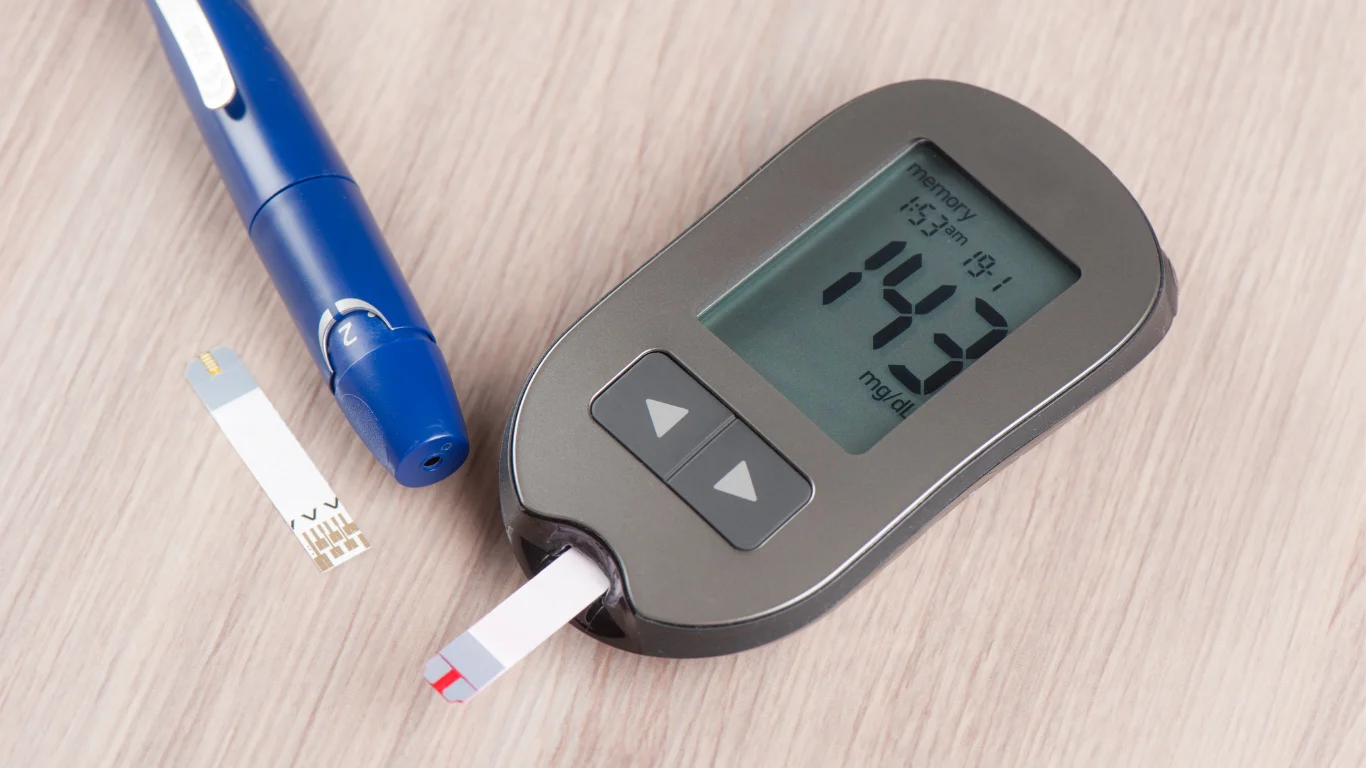Introduction
Often dubbed the “kissing disease,” infectious mononucleosis (mono) is more than just a playful nickname—it’s a viral infection that can leave you feeling completely drained for weeks. While it’s commonly associated with teenagers and young adults, mono can affect people of all ages.
What makes mono unique is its connection to the Epstein-Barr Virus (EBV), which spreads primarily through saliva. But there’s much more to this illness than its nickname suggests. In this blog, we’ll uncover the symptoms, causes, treatments, and key prevention tips for mono, while also debunking common misconceptions like the use of antibiotics for its treatment.
What Is Infectious Mononucleosis?
Infectious mononucleosis is a viral illness most often caused by the Epstein-Barr Virus (EBV), a member of the herpesvirus family. According to the CDC, EBV is one of the most common human viruses, with most people exposed to it by adulthood.
Mono is nicknamed the “kissing disease” because the virus spreads through saliva. However, kissing isn’t the only way to catch it—sharing drinks, utensils, or being exposed to respiratory droplets from a cough or sneeze can also transmit the virus.
Mono is most common in teenagers and young adults, particularly those between the ages of 15 and 24. However, people of any age can get mono, especially if they haven’t been exposed to EBV before.
Symptoms to Watch For
Mono symptoms typically appear 4–6 weeks after exposure and can range from mild to severe. Common signs include:
- Extreme Fatigue: Persistent tiredness is often the first and most prominent symptom.
- Sore Throat: Sometimes mistaken for strep throat, it can be severe and last longer than usual.
- Swollen Lymph Nodes: Particularly noticeable in the neck and armpits.
- Fever: A low-grade fever is typical.
- Swollen Tonsils: Sometimes accompanied by white patches.
- Headache and Body Aches: General discomfort is common.
Because these symptoms overlap with other illnesses, like the flu or strep throat, diagnosis can be tricky without a blood test. Best DOC’s lab-at-home services make it easy to confirm mono with a simple blood test conducted right in the comfort of your home.
How Does Mono Spread?
While mono is often associated with kissing, it can spread through other means, making it important to understand all potential transmission methods:
- Sharing drinks or utensils.
- Exposure to respiratory droplets from a cough or sneeze.
- Close personal contact with an infected person.
As noted by MedlinePlus, people infected with EBV can remain contagious even after their symptoms have resolved, as the virus stays dormant in their body.
Why Antibiotics Don’t Work and How Mono Is Managed
A common misconception about mono is that antibiotics can treat it. However, mono is caused by a virus—not bacteria—so antibiotics are ineffective. In fact, antibiotics like amoxicillin can sometimes cause a rash in people with mono, leading to unnecessary worry about drug allergies.
Since there’s no specific cure for mono, treatment focuses on managing symptoms and helping your body recover. Here’s how:
- Rest Is Essential: Your body needs time to heal. Avoid overexertion and prioritize sleep.
- Stay Hydrated: Drinking fluids is critical for recovery, especially if you have a fever. For severe dehydration or difficulty staying hydrated, Best DOC’s hydration IV therapy can provide quick relief and rehydrate your body effectively.
- Over-the-Counter Pain Relievers: Medications like acetaminophen or ibuprofen can help reduce fever and relieve aches.
- Sore Throat Remedies: Gargle with warm salt water or use throat lozenges for temporary relief.
- Avoid Contact Sports: Mono can cause an enlarged spleen, increasing the risk of rupture. Avoid strenuous activities until cleared by a doctor.
Most people recover in 2–4 weeks, but fatigue can linger for several months. If symptoms persist or worsen, consult a healthcare provider to rule out complications.
Preventing the Spread of Mono
While you can’t completely avoid exposure to EBV (most adults have been infected at some point), here are steps to reduce your risk:
- Avoid Sharing Personal Items: Don’t share drinks, utensils, or toothbrushes.
- Practice Good Hygiene: Wash your hands regularly, especially after coughing or sneezing.
- Limit Close Contact: Avoid close physical contact, like kissing, with someone who has mono.
If you’ve already been diagnosed with mono, these measures can help protect your loved ones from getting infected.
Conclusion
Infectious mononucleosis, or mono, may be nicknamed the “kissing disease,” but its impact goes far beyond its playful moniker. From extreme fatigue to a lingering sore throat, mono requires patience and care for recovery.
While antibiotics aren’t the answer, proper symptom management—including rest, hydration, and supportive care—can make a world of difference. If you’re struggling with dehydration, Best DOC’s hydration IV therapy can help replenish your fluids and speed up recovery. Additionally, accurate diagnosis is crucial for proper care, and Best DOC’s lab-at-home services offer the convenience of testing without leaving your home.
